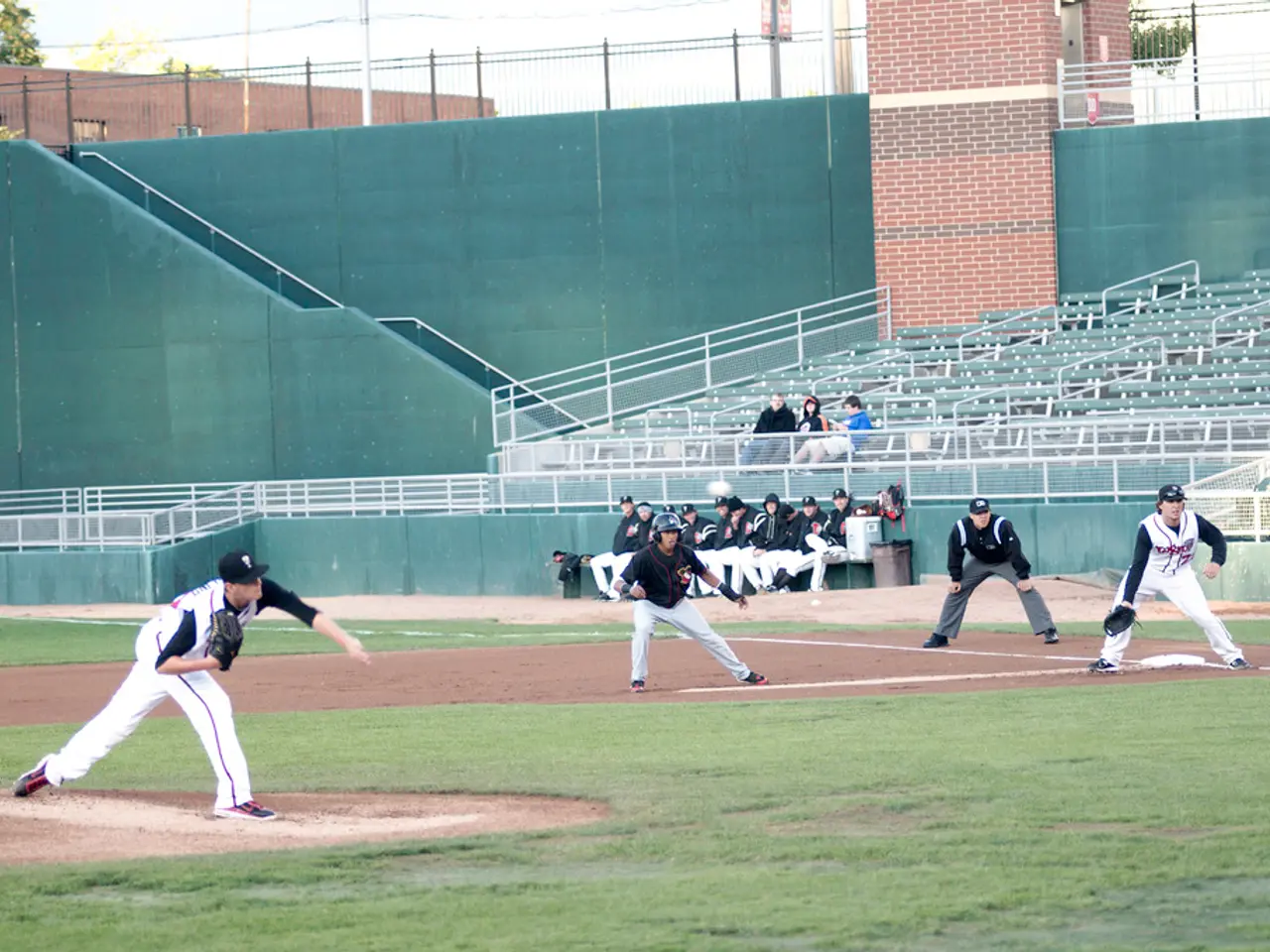Tips for Parents Navigating the Video Game Rocket League
Rocket League, a popular online multiplayer game, has become a favourite pastime for many children. However, parents may have several concerns regarding its potential impacts on their child's mental and physical health, financial well-being, and online safety.
One of the key issues is the addictive nature of the game. Rocket League's competitive ranking systems, randomized rewards, and social pressures can lead to compulsive playing behaviours[1]. This has led to lawsuits claiming that the game's addictive design contributes to mental health and physical health problems, particularly in younger players[1].
Excessive playtime can also lead to negative mental health outcomes such as anxiety or stress, and physical issues from prolonged screen time or inactivity[1]. To mitigate these risks, parents are advised to set up parental controls on gaming platforms like Xbox and within Rocket League itself[3][4].
Another concern is the financial risks associated with in-game purchases. Rocket League features in-game purchases using virtual currency, which often converts to real money. Children might not understand this, risking unintended financial losses if spending is not monitored and controlled[2]. Parents can choose not to link a credit card to their child's game or set spending limits for in-game purchases[3].
Since Rocket League has online multiplayer components, there may be exposure to other players through voice or text chat. Managing privacy settings and who the child can communicate with is important to avoid cyberbullying or harmful interactions[3]. Chat settings can be turned off to prevent in-game messaging.
Encouraging communication between parent and child about gaming experiences is also crucial. Understanding the game and its community can help ensure a safer and more positive gaming experience for children[2].
It's important to note that Rocket League has a PEGI 3 E rating, making it suitable for all ages but may be too complex for children under 6[5]. Toxic behavior may occur in the game, encouraging children to report inappropriate behavior and avoid negative interactions.
Applications like Steam and Epic Games track gameplay time for easy monitoring. Parents are advised to keep track of their child's gaming habits closely and discuss spending and game time limits[2].
In conclusion, while Rocket League offers a fun and engaging gaming experience, it's essential for parents to be aware of the potential risks and take steps to ensure their child's safety and well-being. By setting up parental controls, discussing gaming habits, and staying informed about the game and its community, parents can help ensure a safer and more enjoyable gaming experience for their children.
- Parents may want to consider the impact of Rocket League on their child's lifestyle, as its addictive nature can lead to mental and physical health problems.
- In addition to health concerns, parents should be aware of the financial risks associated with in-game purchases, particularly if a credit card is linked to the account.
- To mitigate these risks, parents can set spending limits for in-game purchases and manage privacy settings to prevent cyberbullying or harmful interactions.
- Encouraging open communication between parent and child about gaming experiences is important to ensure a safer and more positive gaming environment.
- As Rocket League has online multiplayer components, parents might consider monitoring their child's gameplay time using applications like Steam and Epic Games.
- Furthermore, parents should be aware of the potential for toxic behavior in games like Rocket League and encourage their child to report inappropriate behavior to help maintain a positive gaming experience.





